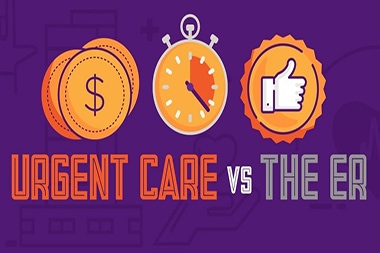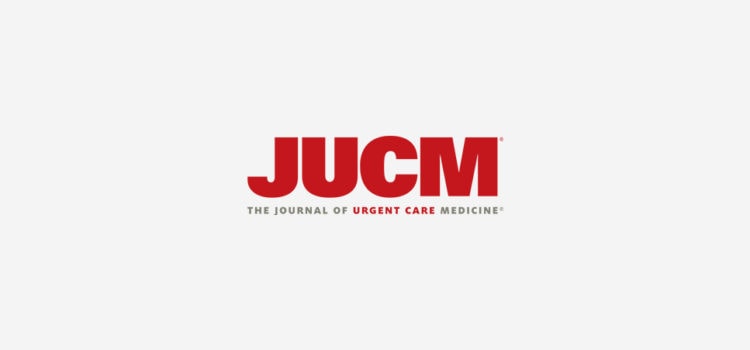To the average consumer, the key similarity between the urgent care center and the emergency room is plain to see: you get to see a doctor without an appointment. That’s deceptively simple, however, and doesn’t take into account relative wait times, cost to the patient and the insurer, whether the complaint is truly emergent, and the overall implications of going to the ED when it’s not necessary. FastMed Urgent Care, which owns and operates 109 …
Read More









